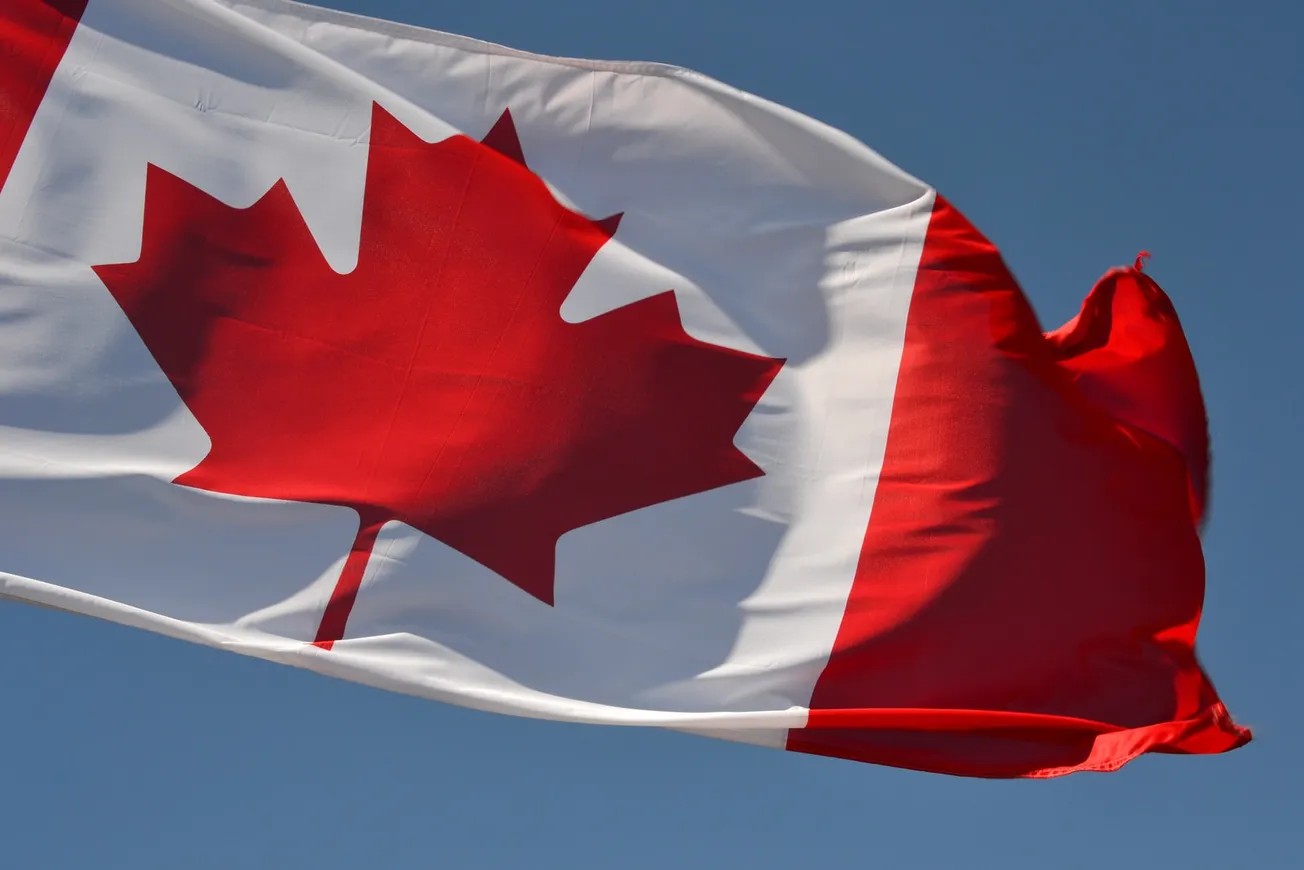Table of Contents
Michael Cook
Michael Cook is editor of Mercator
In 2022, 13,241 Canadians died through Medical Assistance in Dying (MAID) – 4.1 per cent of all deaths.
The advance of MAID has been astonishing. Since euthanasia and assisted suicide were legalised in 2016, there have been 44,958 MAID deaths. About one Canadian in 25 dies after a lethal injection. It took Belgium and the Netherland about 20 years to reach this level of normalised euthanasia – it has taken Canada only seven years.
Bioethics commentator Wesley J Smith noted in a column in the National Review that “If the same percentage of people were killed by doctors in the USA as are in Canada, that would amount to about 140,000 homicides annually. That’s about as many people as live in cities such as Waco, Texas, or Fullerton, Calif.”
Canada’s Minister of Health, Mark Holland, said in a preface [to] the 2022 statistics that “we continue to advance core principles of safety, accessibility, and the protection of persons who may be vulnerable, throughout the MAID system.”
What he fails to do is set an upper limit on euthanasia deaths. How many is too many for Canadian supporters of MAID? Will it level off at 10 per cent? At 15 per cent? At 25 per cent? Next year could see a big jump in MAID deaths, as euthanasia for mental illness will become available. Will the next step be involuntary euthanasia for people with dementia?
Here are some of the highlights of the Ministry’s fourth annual report.
- The number of MAID cases grew by 31.2 per cent over 2021.
- More males (51.4%) than females (48.6%) received MAID.
- The average age of individuals at the time MAID was provided in 2022 was 77.0 years. Only a small percentage was between 18-45 (1.3%) and 46-55 (3.2%).
- Cancer (63.0%) is the most cited underlying medical condition for MAID, followed by cardiovascular conditions (18.8%), other conditions (14.9%), respiratory conditions (13.2%) and neurological conditions (12.6%).
- MAID for patients whose deaths are not reasonably foreseeable was only legalised in 2021. In 2022, 3.5 per cent of the total number of MAID deaths (463 individuals), were individuals whose natural deaths were not reasonably foreseeable. This is an increase from 2.2 per cent in 2021. The most cited underlying medical condition for this population was neurological (50.0%), followed by other conditions (37.1%), and multiple comorbidities (23.5%).
- In 2022, the most commonly cited sources of suffering by individuals requesting MAID were the loss of ability to engage in meaningful activities (86.3%), followed by loss of ability to perform activities of daily living (81.9%) and inadequate control of pain, or concern about controlling pain (59.2%).
- The number of MAID providers is growing. During 2022 there were 1,837, up 19.1 per cent from 2021. Ninety-five per cent of all MAID practitioners were physicians, while 5.0 per cent were nurse practitioners. However, the number of nurses providing MAID is growing. Nurse practitioners performed 9.4 per cent of all MAID procedures, up from 8.4 per cent in 2021 and from 7.0 per cent in 2019.
- As MAID becomes socially normalised, doctors are doing them more frequently. In 2022, the average number of MAID provisions per practitioner was 7.2, compared to 6.5 (2021), 5.8 (2020) and 5.1 (2019).
The spirit of MAID is infiltrating all sectors of society. For instance, there have been nine MAID deaths among prisoners over the last seven years. According to CTV News, this is the highest in the world. Canada has the highest number of people combining euthanasia with organ donation.
A troubling issue is that disabled people are being pushed towards MAID. There have been numerous anecdotal reports about people seeking MAID because they cannot access medical treatment or social support. It’s quite telling that 4.1 per cent of MAID deaths in 2022 were of people who people who required but did not receive disability support services – that’s 196 people.
“We have seen in our public discourse many cases across Canada where people are thinking about and even pursuing MAID because they want to die because they’re not adequately being supported with the resources to live,” palliative care physician Naheed Dosani told the magazine Ricochet. “This is concerning to me and should be concerning to every single Canadian.”
Bioethicist Trudo Lemmens complains that the problems with MAID are being whitewashed. He says in a recent article in the American Journal of Bioethics that regulators are failing to investigate questionable practices. Some “go out of their way to reassure the public that there are no problematic practices and to encourage physicians to ensure access”. He identifies tactics for deflecting criticism: “trivializing problematic case reports as ‘anecdotes,’ overly confidently accepting official data – disregarding the limits of self-reported data – and emphasizing the absence of criminal prosecutions against practitioners, while ignoring the inherent legal hurdles people face when trying to obtain accountability from the medical establishment for family members who are no longer there to testify”.
Euthanasia in Canada is a runaway train. It has left an indelible stain on Canada’s reputation as a stalwart defender of human rights.









